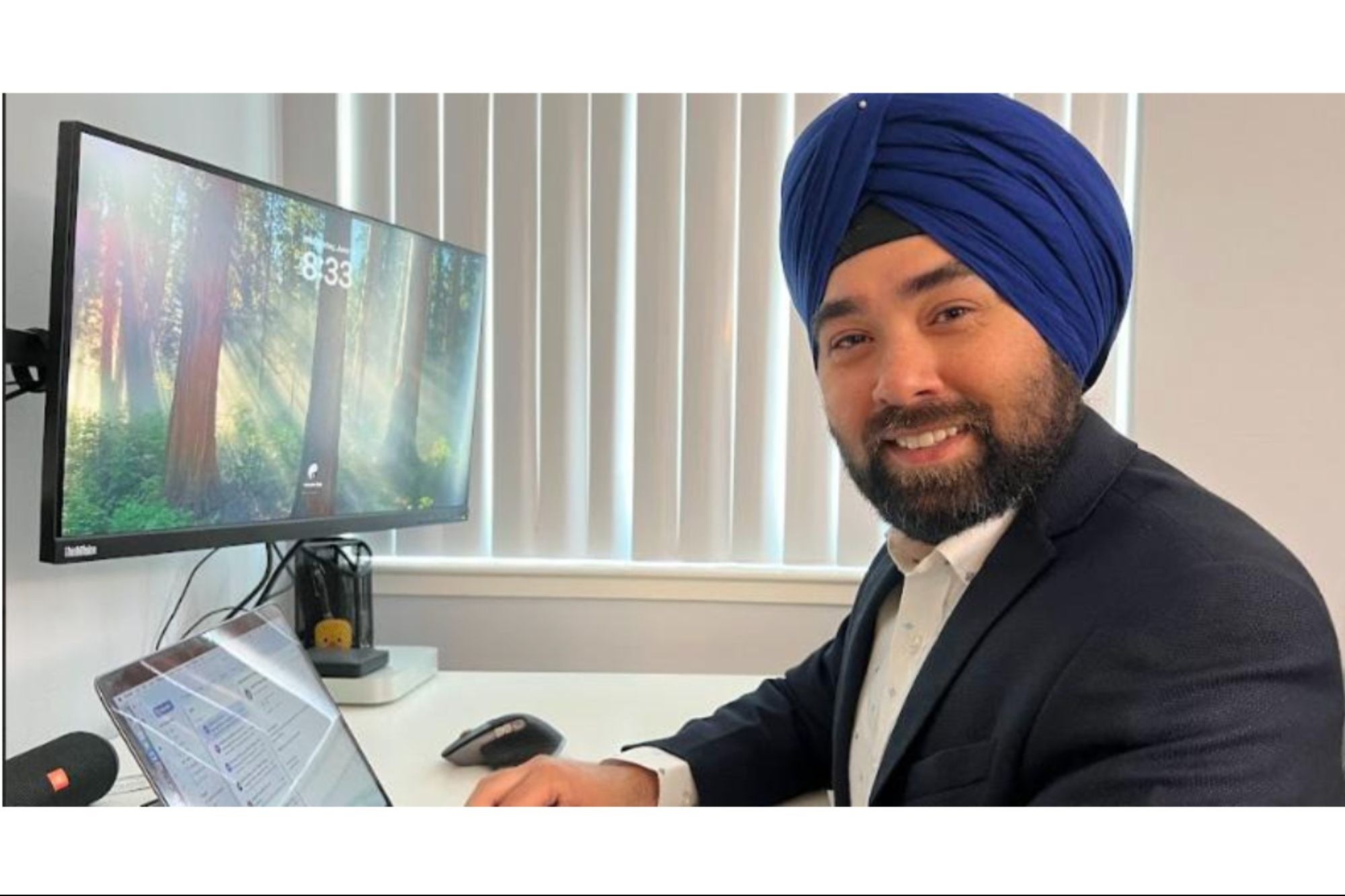Top 5 HNI Investing Trends In the Current Economic Environment In the current economic environment, HNI investors have developed a preference for highly customised investment options, use of technology for detailed analysis and faster and easier execution as well as lower fees
Opinions expressed by Entrepreneur contributors are their own.
You're reading Entrepreneur India, an international franchise of Entrepreneur Media.

The investing patterns of high networth individuals (HNIs) have been changing as a result of increased asset class volatility, rising complexity of investment products, and increasing regulatory and taxation challenges. In the current economic environment, HNI investors have developed a preference for highly customised investment options, use of technology for detailed analysis and faster and easier execution as well as lower fees. Some of them have also been showing an increased affinity towards preservation of capital.
The latest additions in the HNI investors' portfolios include alternative investments such as alternative investment funds (AIFs), passive investing strategies such as index funds and new age debt-like investment products. Physical assets such as real estate are making a comeback. Gold has also recently added shine to existing portfolio structures.
Alternative Investments
AIFs have drawn the attention of HNIs in a big way in recent times. Investors have been attracted to AIFs for a variety of reasons, including the option to diversify investments with low correlation to other asset classes. This has brought the total value of AIFs close to as high as INR 7 lakh crore, as of June, 2022. Investors are mostly drawn to Category II AIFs which largely include real estate funds, private equity funds and credit funds, which provide exposure to investment avenues that conventional mutual fund schemes cannot.
Long-short AIFs, under category III AIF funds have also become popular with HNIs since they take advantage of both upward and downward market movement to produce reliable long-term returns across market cycles. Such funds can systematically hedge its portfolios, thus helping them to give consistent returns with lower volatility. Another benefit for Category III funds is that the taxation is at the fund level and all returns in the hands of the investors are post-tax returns.
Passive Investments
HNI money is going into ETFs and index funds because they are highly cost-effective and at the same time, actively managed mutual funds have not produced enough out-performance over the respective indices, in the post-pandemic era, to attract HNIs and Ultra HNIs (UHNIs) to this type of traditional investing.
Debt and Structured Products: The Forgotten Asset Class Is Back
"Return of capital" (Capital preservation) has become more important than "return on capital," for a certain section of HNIs, in the current economic environment. This has led to increased exposure to debt & debt-like investments as rising market volatility has had a detrimental impact on equity returns. HNIs are, however, opting to invest in structured products as opposed to standard fixed-income products because of the present interest rate environment. These structured products like MLDs (market linked debentures) produce slightly higher yields with better tax efficiency while offering the relative safety of debt securities.
Gold still shines in the investor's portfolio
One of the most desired assets classes is still gold, which provides portfolio stability, acting as a hedge against fall in the value of financial assets. There are additional ways that HNIs are investing in gold other than physical gold. These primarily include gold ETFs (exchange-traded funds) and sovereign gold bonds that have lower costs and taxes. Gold is commonly referred to as a safe haven because it maintains its intrinsic value in the face of economic uncertainty. History has shown that whenever equity, debt, currencies, and other investment vehicles have lost value, gold prices have typically remained stable or even increased in value and also acted as a hedge against inflation.
Real estate may again provide real value
Physical real estate investments have been traditionally highly preferred by HNIs. But their favoured technique of exposure in real estate has undergone a paradigm shift in the current economic environment. Challenges like the paperwork, lack of transparency, maintenance expenses, other fees, tax implications and the enormous amount of time & effort required for due diligence has led the HNIs to hunt for newer and simpler execution options. In the recent past, HNIs have been making indirect investments in real estate through a structured real estate funds. Investors can also now easily gain exposure to the real estate sector thanks to the development of REITs (Real Estate Investment Trusts). Lastly due to rental yields higher than residential real estate, commercial real estate has also grown as a popular alternative to residential real estate & land.
Need for an expert partner
Because there are so many investment possibilities, HNIs may find it difficult and time-consuming to choose the best one that matches their unique risk profile and investing objectives. That is where the experts come into the picture. While traditionally there have been various wealth management firms & IFAs (Independent Financial Advisors) playing this role, in the recent past, new age FinTech platforms have been offering the "Phygital" services model. Herein they combine the traditional 'physical' way of investing with the new "digital" ways offered by WealthTech experts. The entire onboarding process is online and the portfolios are reviewed using a combination of technology-enabled algorithms and human experience & expertise.
This "Phygital" (physical plus digital) strategy helps maintain the human touch while leveraging the speed and efficiency, offered by technology, thus ensuring a high level of client suitability and convenience, effectively providing a distinctive and superior client experience.









